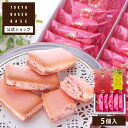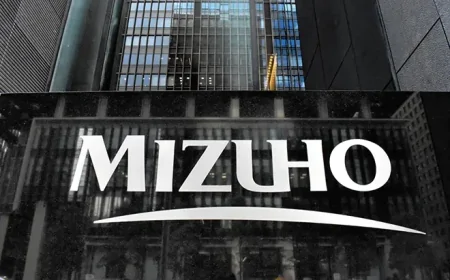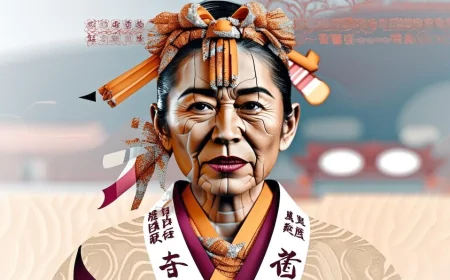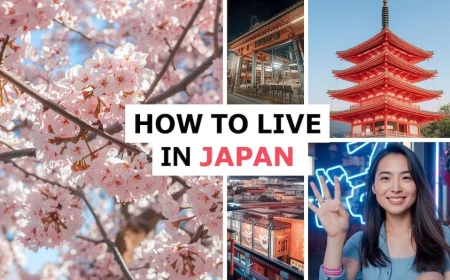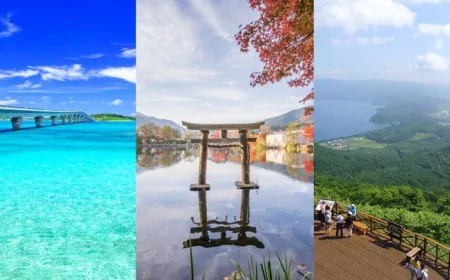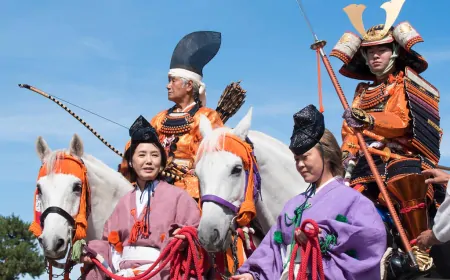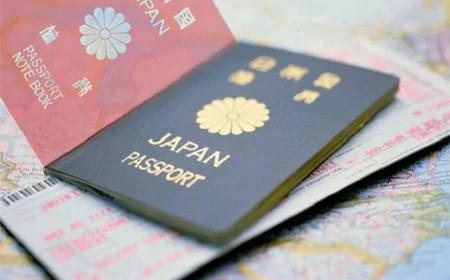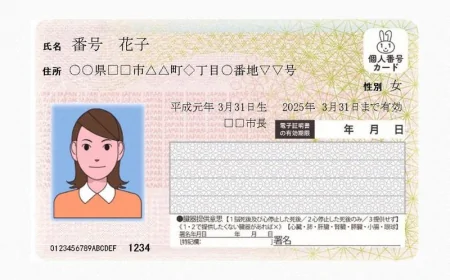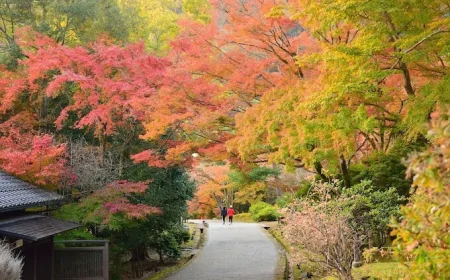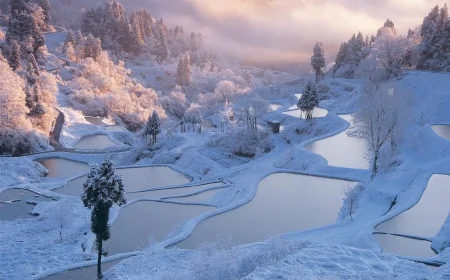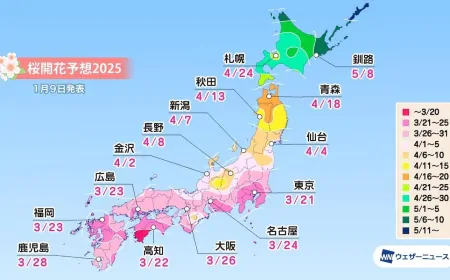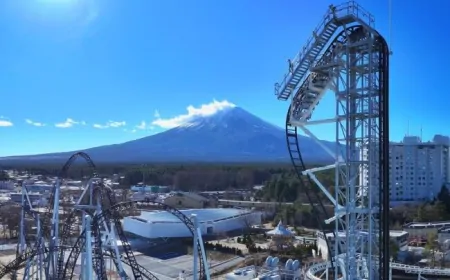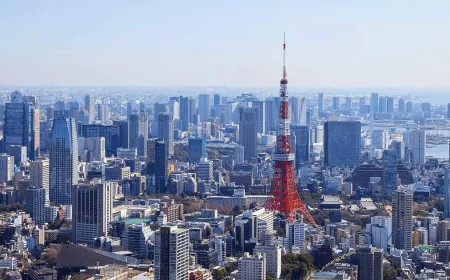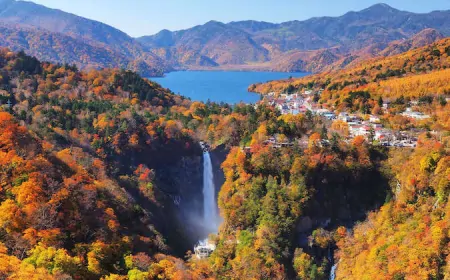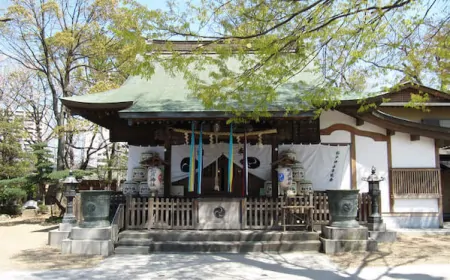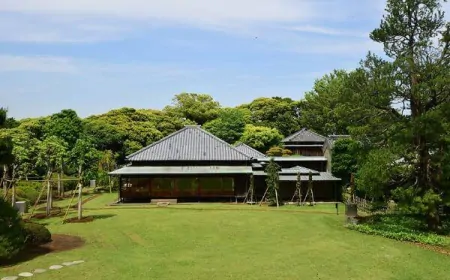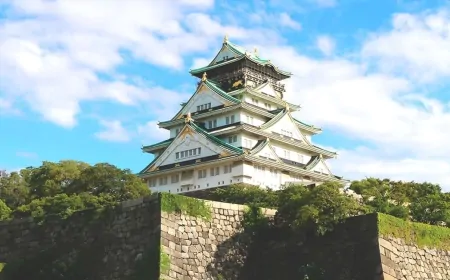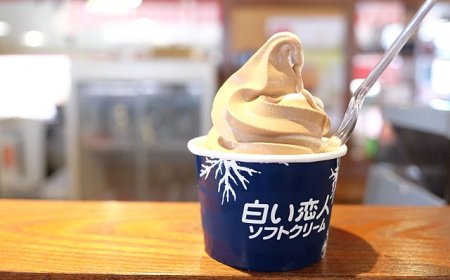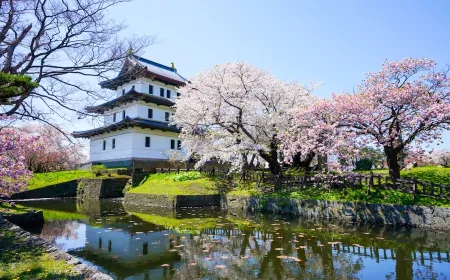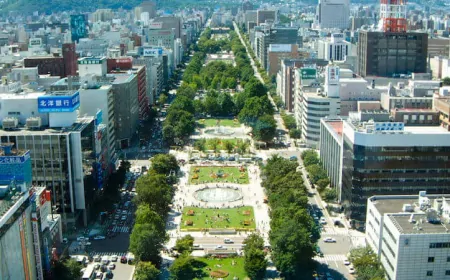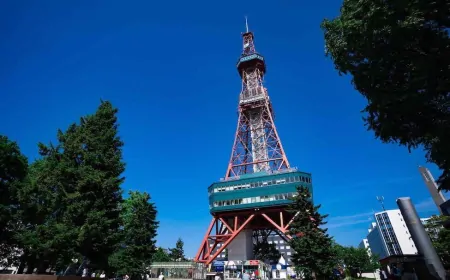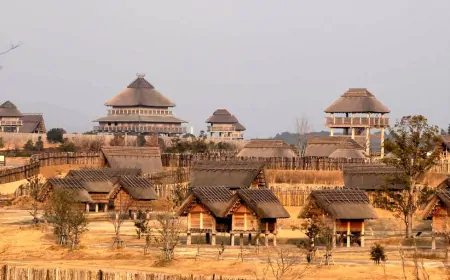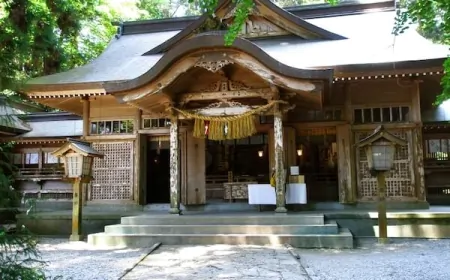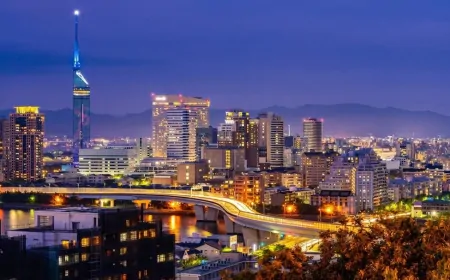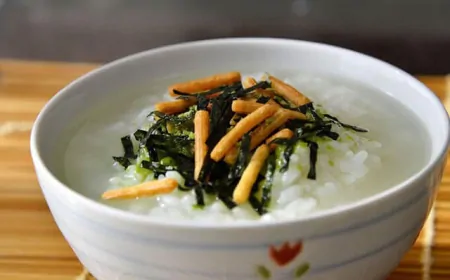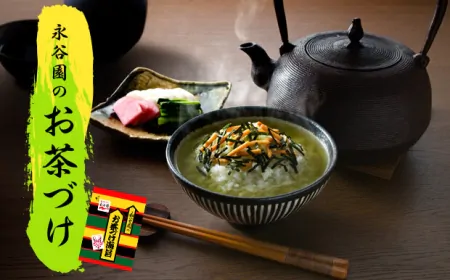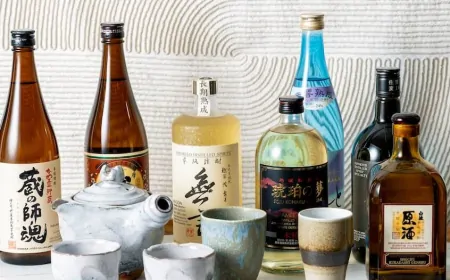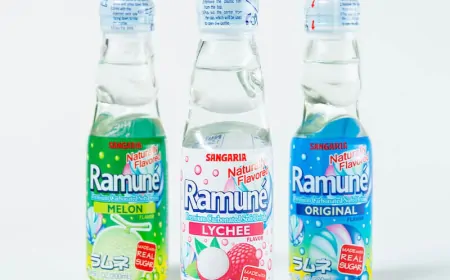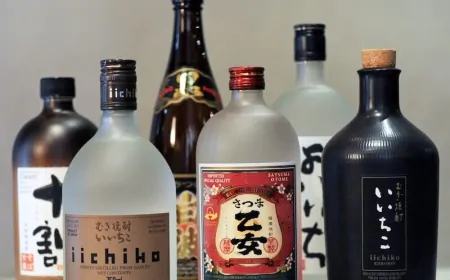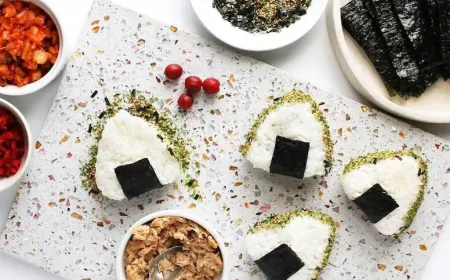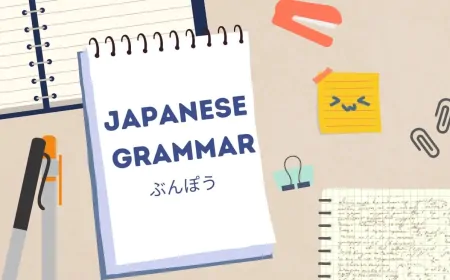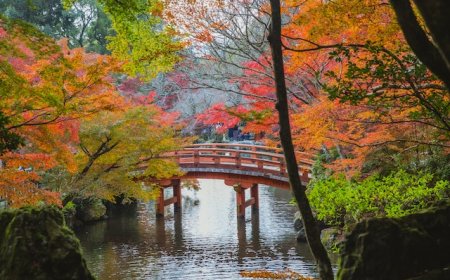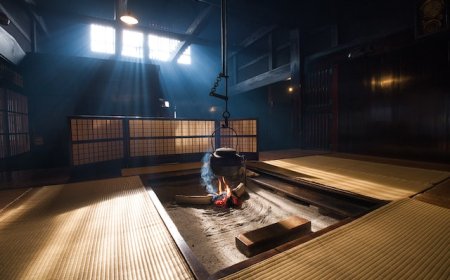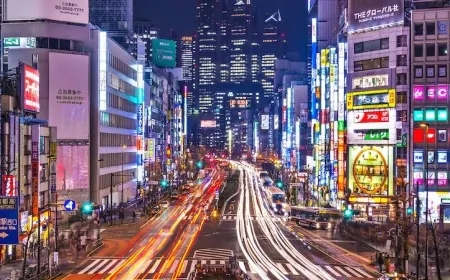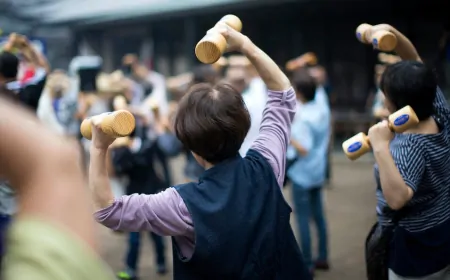Hanabi - Japan's summer fireworks Festival
Hanabi (花火) translates to fireworks in Japanese, and it is considered one of the most beautiful fireworks displays in the world. When you think of Japanese summers, the Hanabi fireworks festival comes to mind. It's a celebration deeply ingrained in the local culture, accompanied by traditional Yukata attire.

1. Historical Background:
There is a theory that the first person to witness fireworks in Japan was Tokugawa Ieyasu (1543-1616). In August 1613, during a visit to Japan, an envoy from England's King James I and a Chinese merchant presented Tokugawa Ieyasu with a fireworks display, leaving him enthralled. Fireworks quickly gained popularity among Edo's feudal lords.
In 1733, Tokugawa Yoshimune, the eighth Shogun, organized the Sumida River Fireworks Festival, featuring fireworks as a tribute to the spirits of one million people who perished due to famine, epidemics, and plagues. This festival symbolized resilience and unity in the face of adversity and continues to this day as the Sumida River Fireworks Festival.
2. Evolution of Fireworks in Japan:
Traditional ukiyo-e woodblock prints depict Hanabi primarily in shades of orange and red. However, it wasn't until the Meiji period that Japan began to embrace a more diverse color palette, influenced by the introduction of colors from abroad.
3. Unique Aspects of Japanese Fireworks:
International fireworks displays are often renowned for their thunderous explosions. In countries like Italy and Spain, the emphasis is on producing loud, boisterous sounds. Japanese fireworks, on the other hand, create a symphony of delicate, almost musical sounds, resembling the tunes of a flute. The subtle interplay between light and sound creates an air of anticipation and intrigue among spectators, making Hanabi not just an entertainment but an art form.
4. Hanabi in the Japanese Mindset:
Breaking down the characters of "Hanabi," we find "hana" (flower) and "bi" (fire). Essentially, Hanabi carries a message reminiscent of flowers - beautiful yet fleeting. In the Japanese psyche, deeply influenced by the "aware" sentiment of traditional culture and the impermanence ("mujo") concept of Buddhism, beauty is treasured even more when it's fragile and short-lived. Life, like a fleeting spark from a senko-hanabi, glows brilliantly and then passes away. Only beautiful memories endure. To truly understand the profound meaning of Hanabi, it's essential to recognize why it has become a cherished cultural hallmark of the Japanese summer.
5. Four Common Types of Japanese Fireworks:
- Warimono: These are round, starburst-shaped fireworks, often resembling chrysanthemum or peony flowers.
- Pokamono: Pokamono fireworks make sound when they explode and disintegrate in various random or cascading patterns, akin to a flowing motion. Two famous Pokamono shapes are the willow tree (yanagi) and the beehive (hachi).
- Hanwarimono: These are a combination of half Warimono and half Pokamono fireworks, often producing large displays like Senrin, which creates a big burst from smaller fireworks.
- Katamono: Among the most modern types of fireworks, Katamono fireworks, after igniting in the sky, create familiar shapes such as smiley faces, hearts, or animals.
The Hanabi fireworks festival in Japan is not merely a spectacular show but a reflection of the country's cultural and historical richness. It encapsulates the Japanese reverence for beauty, transience, and their ability to find meaning in fleeting moments.
This summer tradition continues to captivate and inspire both locals and visitors alike, making it an integral part of Japan's cultural tapestry.
-------------------
Injavi.com - Visit Japan | Visit in Japan
Guide to living, studying and working in Japan
Related Products

